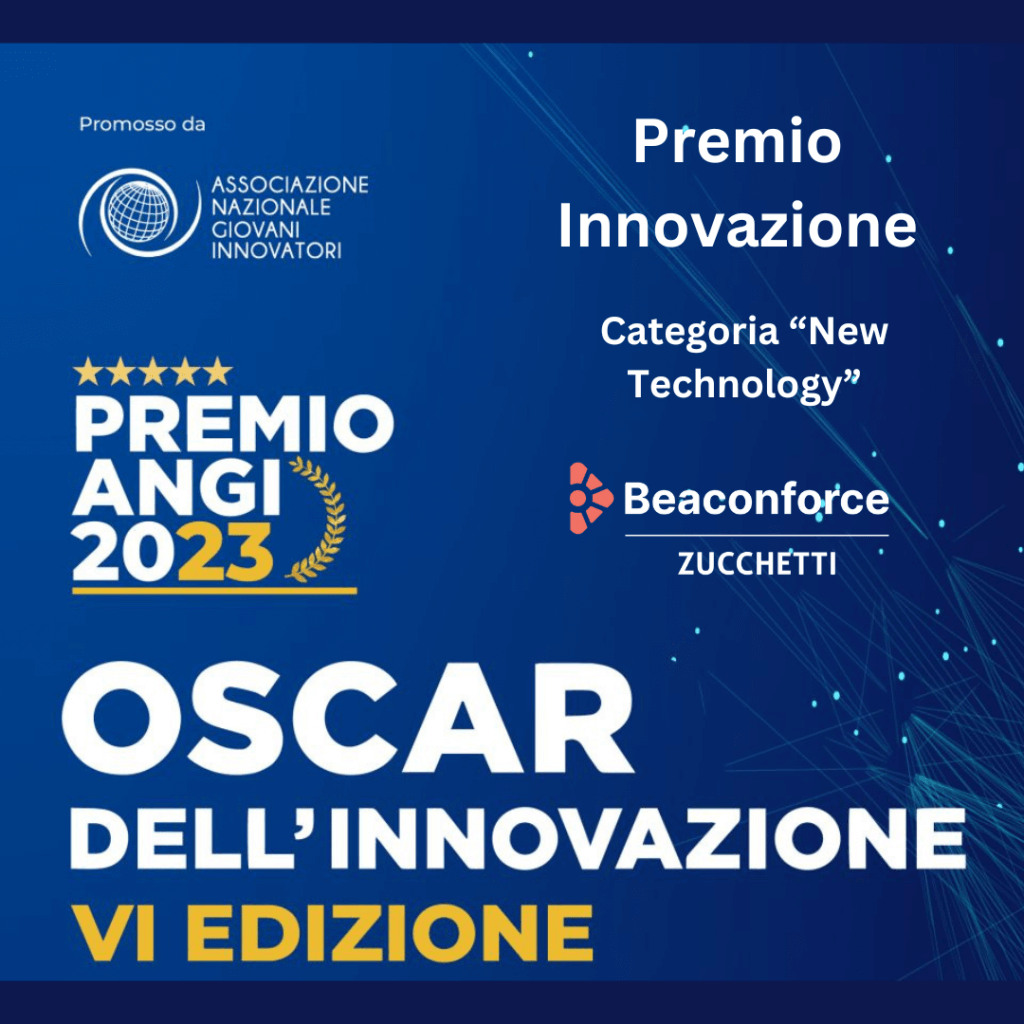Talent Development, Employee Experience and Technology - Interview with Alessandro Megaro.
Published
1st December, 2022
Indice
- How important do you think it is, in order to be able to coordinate and develop learning opportunities and improve the employee experience, to take advantage of platforms that support communication and feedback?
-
What motivated you to pursue this career and, in your opinion, what needs to be done, as of today, to innovate HR?
- What advice would you feel like giving tomorrow's HR people to be able to perform their role in the best possible way?
- You are the co-founder of "HR Italia". How did the idea of creating this podcast come about and what topics are covered?
- What benefits do you think the adoption of software such as Beaconforce, based on data analytics, can have in digitally transforming human resources and improving organizational well-being in everyday life for those in a "leadership" role such as yours?
Providing people with opportunities for learning and development increases their loyalty to the organization they work for. In fact, according to a Linkedin Report, 93 percent of employees said they will stay longer with a company that allows them to develop their potential and acquire new skills while investing in their careers. In addition to the "talent retention" factor, however, there are other benefits of providing training for employees: training makes them more productive and, therefore, investing in people's learning will also ensure higher profits. However, it is not enough to offer them the usual training courses, it is necessary to listen to their individual needs and create development paths tailored to their needs.
To explore this topic further, today we have the pleasure of interviewing Alessandro Megaro, Senior Plant HR Manager at Trelleborg Wheel Systems.
He previously worked for 8 years at Allianz Trade since 2014, where he served as HR Manager with a focus on industrial relations, training, administration, and employee branding for the Italian and MMEA offices, achieving important milestones in industry innovation.
Graduating in Political Science in Rome, after a brief period as Assistant Professor of Constitutional Law at Sapienza University, he began his Leonardo career in the Labor Relations, Regulatory, and Litigation office.
Since 2018, he has collaborated with 24Ore Business School as a lecturer in the Master in Human Resources editions.
Today, the importance of platforms within organizations is crucial: training for years has been conducted classically, I would say according to a now vintage approach, almost exclusively on an in-person basis.
As in any field, digitization and the development of technology help provide additional elements of value in order to be able to improve work, processes and the quality of services offered, both in favor of customers and employees.
In today's scenario, in modern companies, learning platforms play a central role ,which is set to grow day by day, enabling, on the one hand, human resources to process and share ever new content in line with the needs of the corporate population and linked to strategy, and, on the other hand, people to understand when and how to carve out a space to learn.
In fact, it is people who are the protagonists of their own development, right?
In my opinion, today we have come up against a relevant fact: the corporate population manifests a degree of awareness probably higher than in the past, according to a dynamic identical to that experienced by people, even outside organizations, in society.
This increase in awareness makes the employee, or rather the collaborator, a person who demands a different Employee Experience. Working in HR is an opportunity, a chance one has to try to contribute to making organizations "good" organizations, if of course the corporate culture allows us to do so.
It is always necessary to understand where you work, what the corporate philosophy is to avoid causing a disconnect between HR initiatives and the rest of the company.
Today, at any rate, our task should be to act credibly and consistently to build equity.
The world changes, the workforce likewise evolves, just as people outside organizations evolve, as I said, and trying to work on trust within the company means fostering confrontation, innovation and diversity. So freedom.
And indeed, if there is equity in the principles, our primary goal, then we will be able to ensure that broad concept of freedom in which people can be free to interpret their roles, providing added value to the organization.
It is not easy to move in this direction--of course--but if we don't try, who will be able to say they need HR in a few years?
I strongly believe that the work within HR management has changed, already only in the last 3 years, in a radical way: if before HR management, for example, an HRBP had to know how to write a contract well, activate an internship, know how to do a selection interview, today these activities are the minimum union minimum.
Hard skills, those, for example, of a regulatory and legal nature, are essential to be able to govern phenomena within the organization, just as the softer ones are something you necessarily need to know. Let's talk, however, about the basics.
What needs to be understood is that an HR today needs to know how to preserve know-how within the organization, and how to share it, for example, in the face of an aging population, perhaps working on knowledge transfer, forfeiting technical expertise through ad hoc e-learnings that are available to everyone; likewise, he or she needs to know how to leverage, more than anything else, technology to simplify processes and to improve the experience that the employee has within the organization.
In practice, the role of HR is that of an intelligent facilitator who enables the corporate population to move smoothly and agilely through the organization by enhancing their own person-worker status.
This experience was born in pandemic during the explosion of the ClubHouse phenomenon,
where I met an incredible amount of professionals in the world of human resources and with whom we created an association, confronting each other almost daily on the main best practices of our companies, trying at the same time to share the world of human resources with as many professionals in the field as to equal colors would one day want to work there: it was, in essence, a beautiful experience of a dissemination character, around which we huddled for the mere pleasure of sharing. In short, we were and are a series of professionals whose only goal was and is to make our knowledge available to others, facilitating the relationship with the world of human resources and in general with the world of modern organizations.
Alessandro, as you know, Beaconforce is a deep listening tool, based on sound science, that helps companies translate people's voices into insights and predictive analytics, creating more engaging, sustainable and high-performing work environments. The companies that choose us are innovative and forward-thinking, they care about the well-being of their people. Our platform facilitates the feedback process from employees; thus HR and managers have the ability to understand who needs immediate support, reducing turnover rates and increasing motivation and performance.
High-performance systems and intelligent applications that are able to push HR management to make informed assessments, providing support where necessary to their employees, are a great added value to our work.
Now, to think, as mentioned, that our work should remain the same compared to what it was until a few years ago is not only naive but also dangerous: technology today, in fact, provides us with tools that can make our work not only smarter but, at the same time, more fun and useful.
Ignoring what technology offers us as an opportunity is as wrong as anything a professional can do within the job market today.
Thank you very much for this interview, Alessandro.
For those who would like to learn more about these topics, we recommend listening to the podcast
Articoli e news

